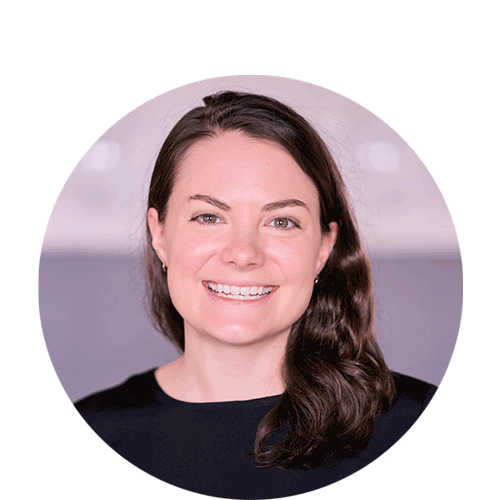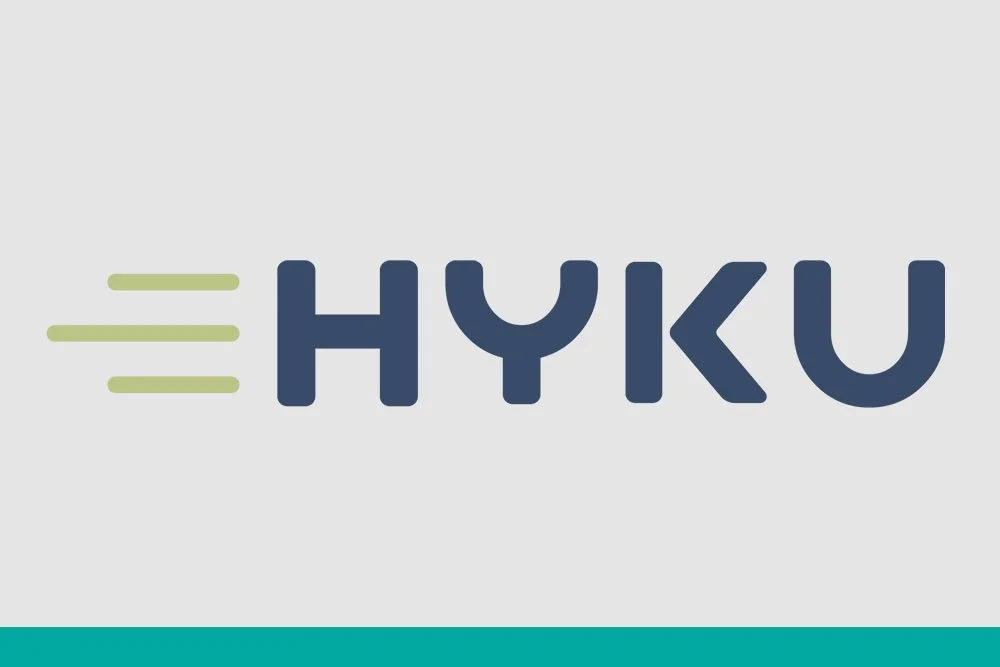Why we’re stuck on Hyku Biosciences
Expanding the druggable proteome with new covalent medicines
By Laura Tadvalkar
Laura Tadvalkar, PhD, is a managing director at RA Capital and a board director at Hyku Biosciences.
September 19, 2023
Sometimes, in drug discovery, you just really want to stick. You want your drug and target to be inseparable. And for that, you want what’s called a covalent bond. An inhibitor that just won’t let go. That’s where Hyku comes in. (Don’t count the syllables here, I promise we’re not doing the haiku/Hyku thing - you can do that yourself on Twitter if you want.)
Discovering that a drug is a covalent inhibitor has historically happened only serendipitously after decades of clinical use: aspirin, penicillin, and omeprazole are well-known examples. These drugs are small molecules that contain functional groups reactive enough to form covalent bonds with their protein targets, yielding additional affinity on top of the drug’s non-covalent interactions.
The technological renaissance in covalent inhibitor technology over the past decade is impressive. Relatively recent advances in structure-based drug design have unlocked the tantalizing opportunity to engineer covalency into small molecules. And we’ve seen successful drugs like Imbruvica and Tagrisso establish new standards of care for blood cancers and lung cancer, respectively. We’ve seen targets like KRAS - once deemed undruggable - yielding to covalent chemistries.
But even though at least sixteen covalent inhibitors have been approved by the FDA since 2011, almost all target the same two amino acids: cysteine or catalytic serine. And so I’m excited that today, together with Droia Ventures, Novartis Venture Fund, The Mark Foundation, KB Investment, and Eisai Innovation, we can celebrate the emergence of Hyku Biosciences from the RA Ventures (RAVen) incubator with a $56 million seed financing to expand this frontier.
Hyku has its roots in the academic focus of a University of Virginia laboratory directed by its scientific founder, Ken Hsu. Ken’s work stood out for a compelling reason - he showed it was possible to selectively covalently target histidine, tyrosine, and lysine residues, not just cysteine and serine.
Until this recent work, nobody else has been able to strike the right balance of chemical reactivity and stability to do that. But by using the SuTEx (sulfur-triazole exchange) chemistry developed in the Hsu lab, Hyku’s team has fine-tuned these variables to design compelling druglike molecules. The ability to covalently target histidines, tyrosines, and lysines will allow the Hyku team to modify a world of new and existing protein targets that don’t necessarily have an accessible cysteine or serine.
In 2021, RAVen partnered with UVA to license the initial version of Ken’s SuTEx technology and then continued to develop the platform through sponsored research in the Hsu lab while building out the company in Boston. Hyku has been able to take advantage of all the resources we make available to newcos at RAVen, including access to our stellar recruiter, Emily Gransky; the assistance of a part-time CFO, Kat Riesen; and time with our internal Graphics & Engagement teams to pressure-test branding, pitch deck, and narrative development. Crucially, key targets and therapeutic indications for Hyku were selected in collaboration with members of RA Capital’s TechAtlas team, the research-focused division of RA Capital (a trickier feat than it used to be now that small molecule startups have to map out “IRA-proof” development paths).
Hyku’s discovery engine comprises a chemoproteomics screening platform, a custom computational & bioinformatics portal, and a proprietary (and ever-growing!) covalent small molecule library, all built around its core covalent targeting technology. The company will initially pursue a number of programs internally and will advance a handful to key milestones with this financing. While Hyku is focused on high-value oncology targets, the company is open to potential partnerships across therapeutic areas.
Hyku is helmed by an experienced management team including acting CEO Milind Deshpande (Achillion, BMS) and CSO Mark Mulvihill (HiberCell, Warp Drive, OSI), and will benefit from the deep oncology expertise brought by our new investors, all of whom share our faith in the promise of this technology and the team.
While others read Ken’s papers and doubted whether his tools could turn into real drugs, the Hyku team was daring enough to try. That they’ve now succeeded in unlocking histidines, tyrosines, and lysines for covalent modification to greatly expand the druggable proteome speaks to their ingenuity and how the covalent chemistry space continues to evolve.
Please click here for important RA Capital disclosures.





